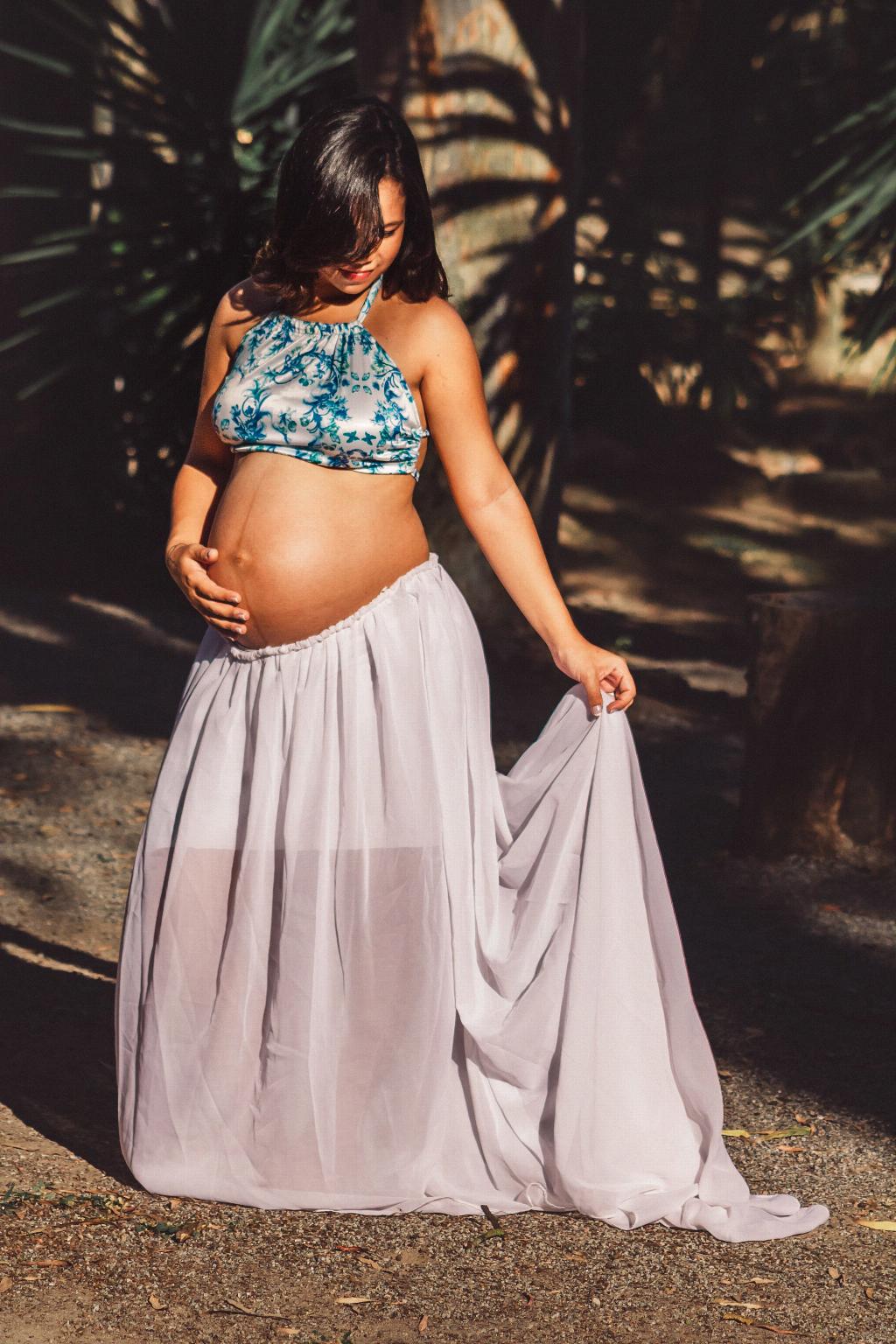When it comes to the question of whether Kegel exercises can aid in conception, there are some key points to consider. One of the primary benefits of incorporating Kegels into your routine is the potential improvement in sexual function. These exercises can enhance sensation during climax and provide greater control over ejaculation, which can be beneficial for couples trying to conceive.
Furthermore, Kegel exercises target the pelvic floor muscles, which play a crucial role in supporting the reproductive organs. By strengthening these muscles through regular exercises, you may experience improved overall pelvic health, potentially creating a more conducive environment for conception.
Research suggests that a strong pelvic floor can help promote blood flow to the genital area, which can be advantageous when attempting to conceive. Enhanced circulation in this region can support reproductive processes and increase the chances of successful fertilization.
In addition to the physical benefits, incorporating Kegel exercises into your daily routine can also have a positive impact on your mental and emotional well-being. Engaging in these exercises can help you feel more connected to your body, boosting self-confidence and promoting a sense of empowerment, which can be especially beneficial during the conception journey.
It’s important to note that while Kegel exercises can offer various advantages that may support fertility, they are not a guarantee of pregnancy. Fertility is a complex process influenced by numerous factors, and individual experiences may vary. However, by including Kegels as part of a holistic approach to reproductive health, you may potentially enhance your chances of conceiving.
When considering whether Kegel exercises can assist in getting pregnant, it’s essential to consult with healthcare professionals and fertility specialists. They can provide personalized guidance based on your specific circumstances and offer valuable insights on how to optimize your fertility through various means, including physical exercises like Kegels.
It’s worth noting that Kegel exercises are generally safe and can be performed by individuals of various ages and fitness levels. They are non-invasive and convenient, allowing you to incorporate them into your daily routine with ease. Whether you’re actively trying to conceive or simply looking to enhance your pelvic health, Kegels can be a beneficial addition to your wellness regimen.
Consistency is key when it comes to reaping the benefits of Kegel exercises. Regular practice can help strengthen the pelvic floor muscles over time, potentially leading to improved bladder control, enhanced sexual function, and better overall reproductive health. By making Kegels a consistent part of your routine, you can maximize their potential benefits.
It’s important to approach Kegel exercises with a mindful and focused mindset. Proper technique is crucial to ensure that you are effectively engaging the targeted muscles and maximizing the effectiveness of each repetition. Taking the time to learn the correct form and practicing mindfulness during your exercises can significantly enhance their impact.
In conclusion, while Kegel exercises alone may not guarantee pregnancy, they can be a valuable tool in supporting overall reproductive health. By strengthening the pelvic floor muscles, enhancing blood flow to the genital area, and promoting a sense of empowerment and well-being, Kegels offer a holistic approach to fertility that may increase your chances of conceiving. Consulting with healthcare professionals and maintaining a consistent exercise routine can help you make the most of the potential benefits that Kegel exercises have to offer.

